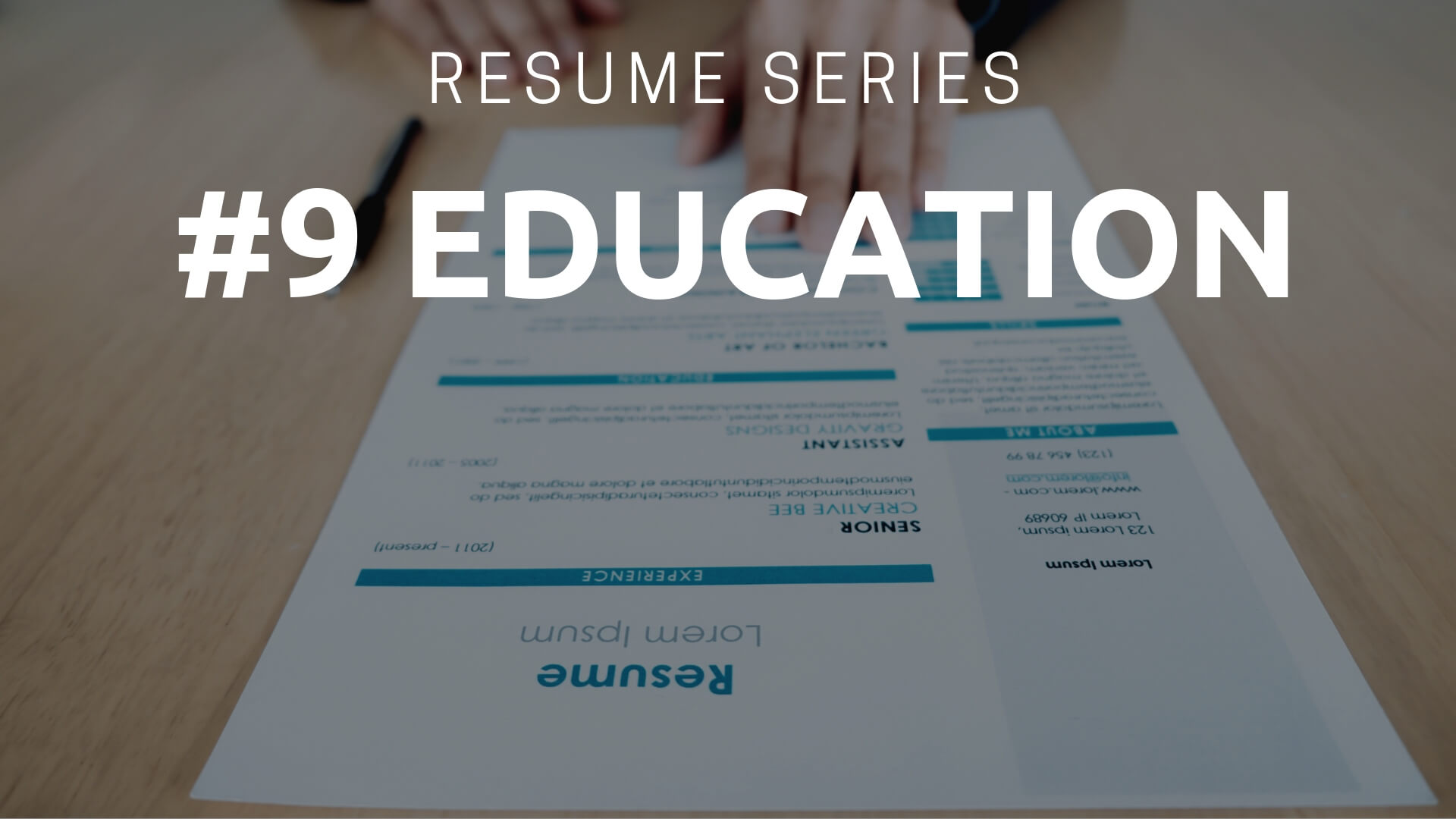6 Pro Tips To List Education In Your Resume

Education is the most straightforward thing to note down on your resume. It is what it is. Although, sometimes it can make things cloudy.
Follow these quick six tips to note down your education in the resume. They'll help you decide what to include, what to leave out, and what to do about the school you attended but didn't graduate.
Tip 1: List your Highest Level of Education first in your Resume
If you've got a master's degree, you start with that and then go back to your bachelors. Ideally, if you've earned a Master's degree or higher, it's okay to leave out your high school education.
For Eg: Master of Science in Information Technology, Georgia Institute of Technology, Atlanta, GA, 2007
Bachelor of Science in Computer Science, University of Mumbai, 2005
Tip 2: Selectively include your GPA & Percentages
Be sure to include your GPA only if it's higher than 3.0 and it's been less than three years since you graduated. The same applies to percentages, keep it to a first class. However, make an exception if the employer especially asks for your grades.
Tip 3: Mention Academic Honors and Leadership Roles
If you graduated within three years, it's is appropriate to include your academic honors or any leadership roles you have undertaken. However, leave them aside if they are religious, political or controversial. Furthermore, if you have more than three years of work experience, you can drop the school-related activities on your resume, unless they were awarded.
Tip 4: If you attended college, but did not Graduate
If you have attended college but did not graduate - yes this can be the case for some. Include the dates you attended, your accumulated credits towards the degree.
Tip 5: Earned a Certification/License after Graduation
If you've earned a license after graduation, and it's related to the job you're pursuing - make sure you add it to your resume under certifications or the license section.
Tip 6: Elimination of graduation year if you're older
Do you eliminate your graduation dates of you're older than forty years? It's a judgment you can take for yourself. By that age, you have accumulated enough work experience, that your academics may not seem important. However, it's advisable to include your graduation and higher degrees, if any. The inclusion of years is a call you make.
Image Credit: Freepik




